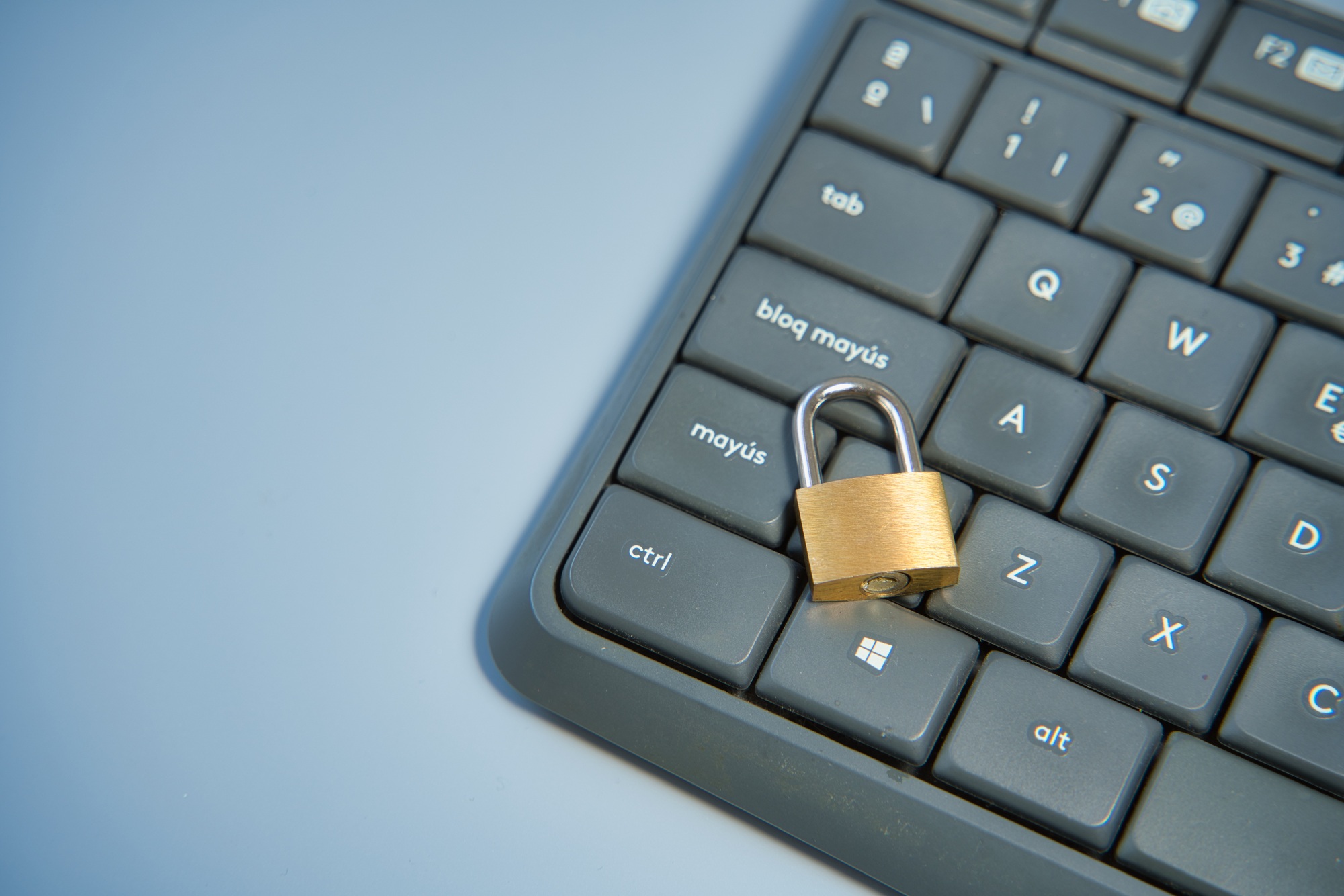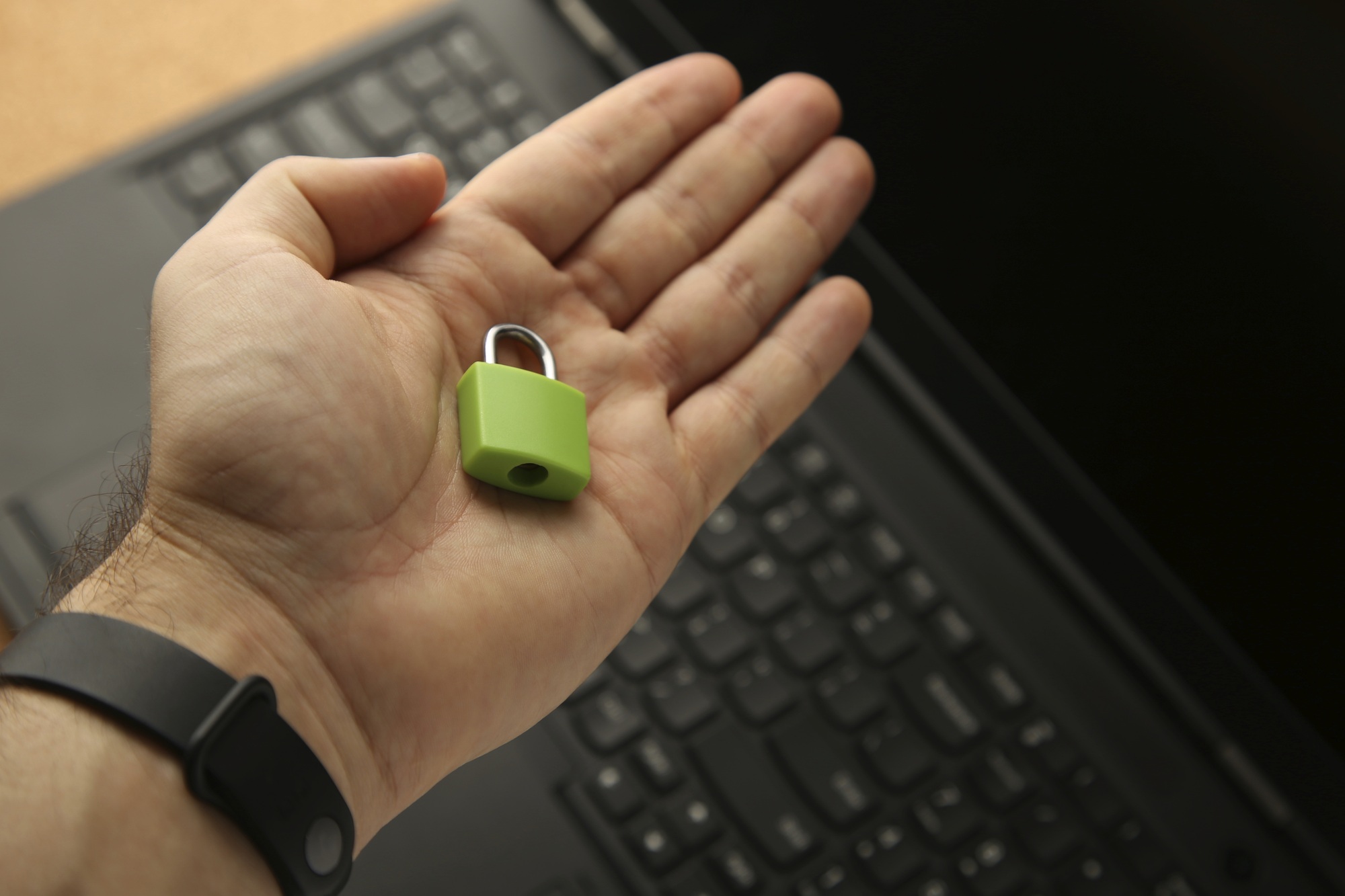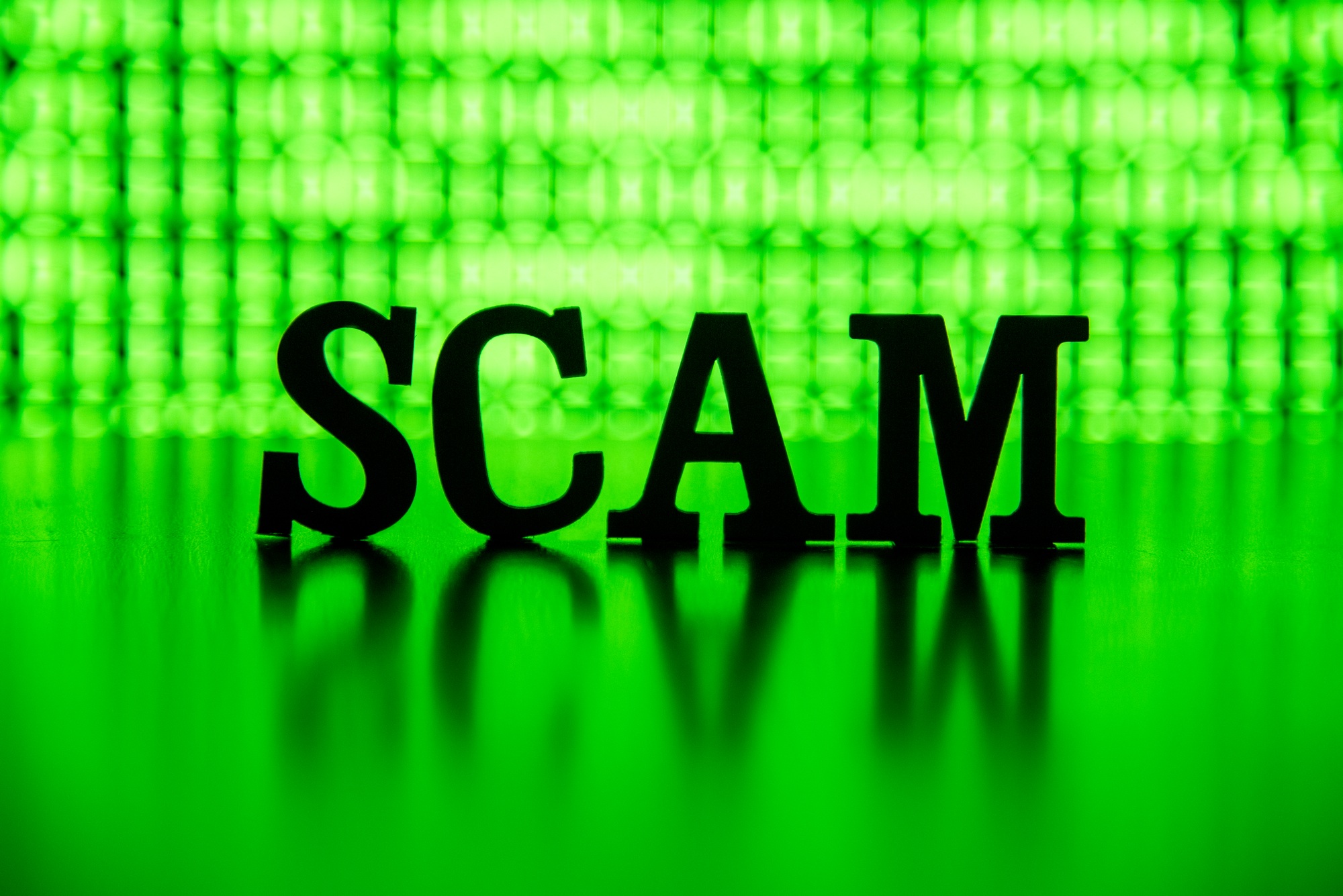Key Takeaways

- Understanding Facebook Scams: Recognize the various types of scams prevalent on Facebook, including fake giveaways, phishing attempts, impersonation scams, and unrealistic investment schemes.
- Common Warning Signs: Be alert for signs of scams such as profile cloning, unsolicited messages, poor grammar, and requests for sensitive information that create a sense of urgency.
- Preventive Measures: Enhance your account security by using strong, unique passwords, enabling two-factor authentication, and conducting regular privacy checkups.
- Reporting and Responding: If you encounter a scam, promptly report it to Facebook, document any evidence, and take immediate steps to secure your account.
- Stay Informed: Regularly educate yourself and your team on the latest scams and tactics to better protect your business and personal information on Facebook.
Facebook is a powerful tool for connecting with friends and family, but it also attracts scammers looking to exploit unsuspecting users. With millions of active accounts, the platform has become a breeding ground for various scams that can leave you vulnerable and frustrated. Knowing how to identify these scams is crucial for protecting yourself and your personal information.
From fake giveaways to phishing attempts, the tactics used by scammers are constantly evolving. By staying informed and vigilant, you can navigate the social media landscape safely. In this article, you’ll discover common types of Facebook scams and practical tips to safeguard your account. Don’t let scammers take advantage of you—let’s dive in and empower you to stay one step ahead.
Understanding Facebook Scams

Facebook scams pose significant risks for users, especially small business owners. Recognizing these scams helps protect your business, personal information, and client trust.
Types of Facebook Scams
- Fake Giveaways: Scammers often create fake contests or giveaways that require participants to share personal information or complete surveys.
- Phishing Attempts: Scammers send messages or post links pretending to be Facebook, asking for login details or payment information.
- Impersonation Scams: Fraudsters create fake profiles mimicking real businesses or individuals to solicit money or personal information.
- Investment Scams: Scammers promote schemes featuring high returns on investments that do not exist, targeting those interested in growing their small business.
Common Techniques Used by Scammers
- Urgency Tactics: Scammers pressure you with time-sensitive offers to trick you into acting quickly without thinking.
- Emotional Manipulation: Scammers exploit your emotions to gain sympathy or trust, often using stories that resonate with you or your business experiences.
- Social Proof: Scammers use fake testimonials or endorsements to create an illusion of legitimacy, making you more likely to engage with their scams.
- High-Quality Imitations: Scammers craft messages or websites that closely resemble legitimate sources, making detection difficult.
By understanding these types of scams and the techniques used by scammers, you can better safeguard your small business against potential threats on Facebook.
Recognizing the Signs of a Scam

To safeguard your small business on Facebook, recognizing the signs of scams is crucial. Knowing what to look for helps protect your business from potential threats.
Warning Signs to Look For
- Profile Cloning: Scammers create fake profiles resembling your friends or contacts. Be cautious about friend requests from individuals you already connect with.
- New or Light Profiles: Profiles with few friends, minimal content, or a recent creation date may indicate a scammer. Be wary of engaging with such accounts.
- Unsolicited Messages and Links: Random direct messages that include links should raise a red flag. These links can lead you to phishing sites or malware, putting your business information at risk.
- Grammar and Spelling Errors: Messages with poor spelling or odd phrasing can signal a scammer. Be particularly alert if the sender’s language lacks fluency, as this might indicate an imposter.
- Urgency and Threats: Scammers often pressure you into immediate action, using urgency or threats. Stay calm and think critically when you encounter such tactics.
Red Flags in Messages and Posts
- Functional Irregularities: Messages lacking specifics about your business or appearing generic often indicate a potential scam.
- Unusual Requests for Personal Information: If someone asks for sensitive information, like your business’s financial details or passwords, remain skeptical.
- Too-Good-to-Be-True Offers: Beware of promotions that offer unrealistic returns or extraordinary benefits. Scammers often lure small businesses with enticing schemes.
- Pressure to Act Quickly: If a message pushes you to make hasty decisions or respond immediately, take a step back and assess the situation.
Stay vigilant against these warning signs and red flags as part of your strategy for running a small business on Facebook. Protecting your digital presence is essential for sustaining your business’s integrity and trustworthiness.
Prevention Tips

Protecting your Facebook account is crucial, especially when running a small business. Follow these tips to enhance your security and stay ahead of scams.
How to Protect Your Account
- Use a unique password for your Facebook account that excludes your email address, phone number, name, or common words. Create a strong password with at least 12 characters, incorporating lowercase and uppercase letters, numbers, and symbols. A secure password manager can help manage these credentials efficiently.
- Enable two-factor authentication (2FA) to add an extra layer of security. You’ll receive a one-time code sent to your phone or generated by an authenticator app whenever you log in from an unrecognized device. This step significantly reduces unauthorized access to your account.
- Conduct regular privacy checkups to review and adjust your data settings. Make sure your ad preferences and search settings align with your current privacy needs to protect your business information.
Safe Practices for Using Facebook
- Be cautious with unsolicited messages, especially those asking for personal information or providing links. Scammers often use phony profiles to impersonate legitimate users or companies.
- Verify profiles before engaging in conversations or accepting friend requests, particularly if they seem new or have minimal activity. Be wary of requests for sensitive information or urgent tasks that may seem suspicious.
- Report suspicious activity and block users who appear fraudulent. Keeping Facebook’s ecosystem safer contributes to a more secure environment for your small business.
- Stay informed about the latest scams and tactics that scammers employ. By understanding these threats, you can better protect your business and personal information on Facebook.
What to Do If You Encounter a Scam

If you encounter a scam on Facebook, quick action is essential to protect your small business and personal information.
Reporting Scams on Facebook
- Report suspicious content using the “Report” option available on each Facebook screen. This action helps Facebook address the issue and prevents future scams.
- Document any fraudulent messages or profiles. Take screenshots to provide evidence when reporting.
- Use Facebook’s Help Center for guidance on reporting specific types of scams, such as impersonation or fake pages.
Steps to Take After Being Scammed
- Change your password immediately. Use a strong, unique password that combines letters, numbers, and symbols.
- Enable two-factor authentication (2FA) for extra security on your account. This feature adds an additional layer of protection.
- Monitor your account for unauthorized activity. Check transaction history and review messages for any suspicious actions.
- Notify your customers if you believe your account was compromised, especially if sensitive information may have been exposed.
- Educate your team about the scam. Inform them to remain vigilant and recognize common scam tactics, ensuring everyone is aware of potential threats.
Conclusion

Staying informed about Facebook scams is crucial for protecting your personal and business information. By recognizing the signs of scams and understanding the tactics scammers use, you can significantly reduce your risk. Implementing strong security measures like unique passwords and two-factor authentication will further enhance your defenses.
Always approach unsolicited messages and offers with caution. If you encounter suspicious activity, act quickly to report it and take necessary precautions. By remaining vigilant and proactive, you can enjoy a safer experience on Facebook while connecting with friends and customers. Your awareness and actions play a vital role in safeguarding your digital presence.
Frequently Asked Questions

What are common scams on Facebook?
Facebook scams vary widely and often include fake giveaways, phishing attempts, impersonation scams, and investment scams. Scammers use these tactics to deceive users into revealing personal information or sending money.
How can I recognize a Facebook scam?
Look for warning signs like unsolicited messages containing links, poor grammar, and profiles that seem new or lack activity. Be cautious of high-pressure tactics or offers that seem too good to be true.
What should I do if I encounter a scam on Facebook?
If you spot a scam, report it using the “Report” option on the post or profile. Document any details of the scam and consult Facebook’s Help Center for further guidance on protecting your account.
How can I protect my Facebook account?
To enhance your account security, use a strong, unique password, enable two-factor authentication (2FA), and conduct regular privacy checkups. Be wary of unsolicited messages and always verify profiles before engaging.
What are the risks of Facebook scams for small business owners?
Small business owners face specific threats from scams, including loss of sensitive information and credibility. Scams targeting businesses can lead to financial loss and damage to one’s reputation if not addressed promptly and effectively.
Image Via Envato: RLTheis, mohdizzuanbinroslan, wirestock, rawf8, laguna947, seventyfourimages, Gajus-Images



